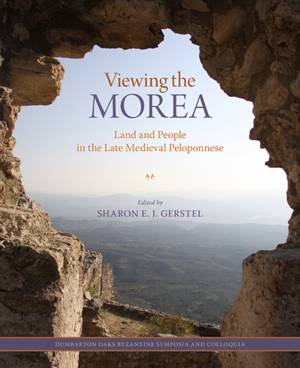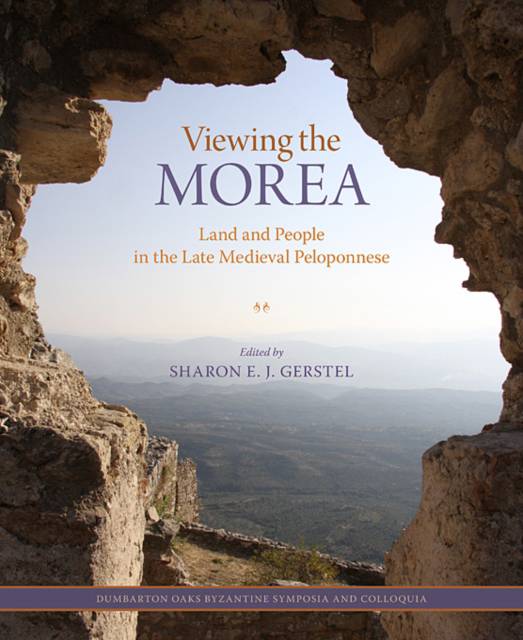
- Afhalen na 1 uur in een winkel met voorraad
- Gratis thuislevering in België vanaf € 30
- Ruim aanbod met 7 miljoen producten
- Afhalen na 1 uur in een winkel met voorraad
- Gratis thuislevering in België vanaf € 30
- Ruim aanbod met 7 miljoen producten
Zoeken
Viewing the Morea
Land and People in the Late Medieval Peloponnese
€ 108,95
+ 217 punten
Omschrijving
The fourteen essays in Viewing the Morea focus on the late medieval Morea (Peloponnese), beginning with the bold attempt of Western knights to establish a kingdom on foreign soil. Reinserted into this tale of Crusader foundation are the large numbers of Orthodox villagers who shared the region and created their own narrative of an eternal and sacred empire generated by the pains of loss and the hopes of refoundation. Layered upon the historical and physical topography of the region are the traces of the Venetians, whose "right eye," Modon, was located at the peninsula's southwestern tip. How these groups interacted and how they asserted identity is at the center of inquiry in these essays. Also at the core of this study is the understanding of place and memory--the recollection of the ancient history of the Peloponnese, the architectural and cartographic marking of its mountains and valleys, the re-creation of distant capitals on its land, and the refashioning of the Morea for a Renaissance audience. The authors look at the Morea and its people in the broadest possible manner and with careful attention to written and material evidence, historiography, economic networks, and the making--or retelling--of myths.
Specificaties
Betrokkenen
- Uitgeverij:
Inhoud
- Aantal bladzijden:
- 520
- Taal:
- Engels
- Reeks:
- Reeksnummer:
- nr. 5
Eigenschappen
- Productcode (EAN):
- 9780884023906
- Verschijningsdatum:
- 3/06/2013
- Uitvoering:
- Hardcover
- Formaat:
- Genaaid
- Afmetingen:
- 236 mm x 287 mm
- Gewicht:
- 2063 g

Alleen bij Standaard Boekhandel
+ 217 punten op je klantenkaart van Standaard Boekhandel
Beoordelingen
We publiceren alleen reviews die voldoen aan de voorwaarden voor reviews. Bekijk onze voorwaarden voor reviews.










